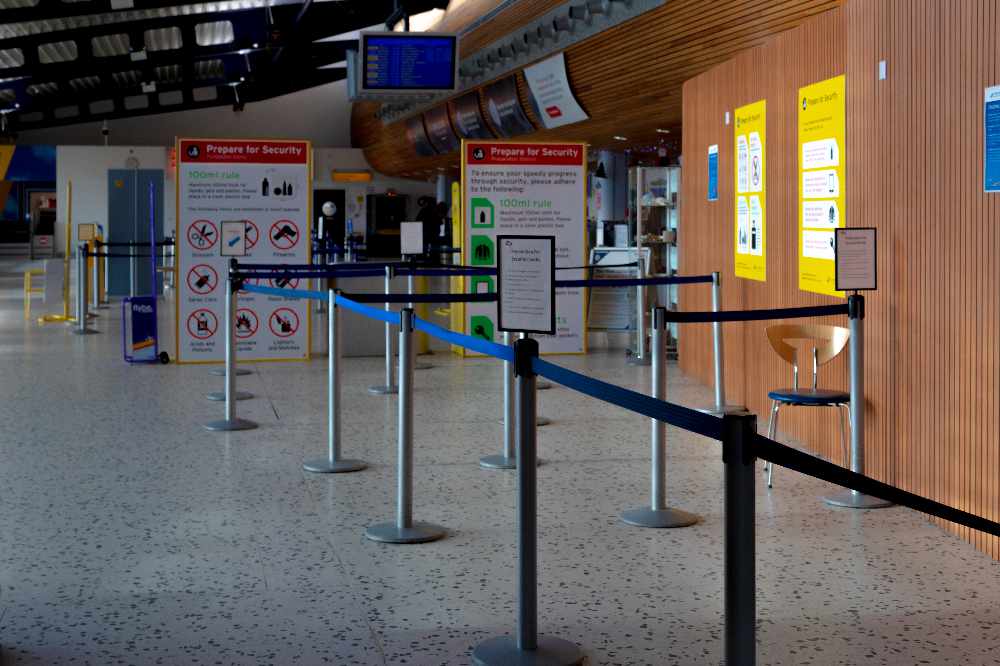
No non-essential travel into the Bailiwick should take place due to the continuing rise in coronavirus cases in the UK.
The Civil Contingencies Authority has agreed that no non-essential travel into the Bailiwick should take place, in light of developments with the coronavirus pandemic in the UK over recent days.
Cases there are continuing to rise, including prevalence of the recently-identified new and more transmissible strain of the virus.
The UK has introduced its own travel restrictions for both travel within the country and travel in and out of the country.
The CCA met twice this week and is monitoring developments in the UK daily.
Travel within the Bailiwick is unaffected.
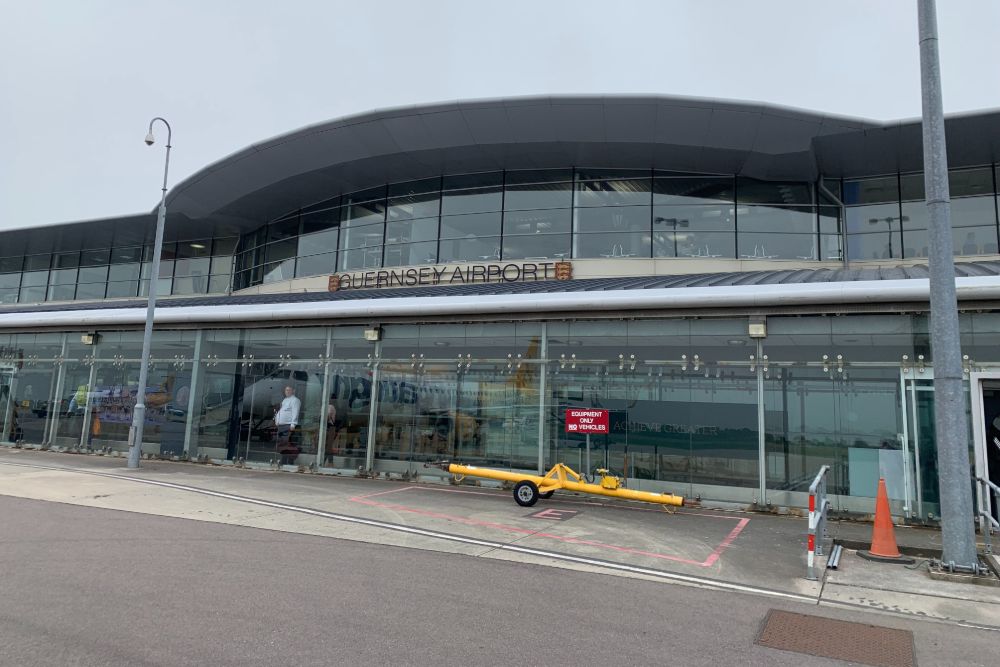
It says, while travel numbers are already low and the UK’s restrictions mean this is likely to reduce further, it believes its decision to move to new, tougher restrictions for ‘essential-only’ travel will be 'a further security' by reducing the risk of the virus being imported into islands.
Essential travel means:
- for a compassionate purpose (including but not limited to supporting a dependent relative),
- to receive medical treatment,
- to undertake essential business that cannot be transacted remotely,
- to attend school, university or other further education, or for permanent Bailiwick residents, to return home if they are currently off -Island.
- to travel for the purposes of critical work, as an approved critical worker (in line with the existing critical worker application process)
Essential travel does not include travel:
- to visit friends and family based in the Bailiwick
- to work in the Bailiwick if that work is not critical work and approved through the critical worker application process
New guidance is being published on gov.gg/coronavirus and advice can be sought by calling the COVID-19 non-clinical helpline on 01481 717118.
Deputy Peter Ferbrache, Chair of the Civil Contingencies Authority said “The measures we have already at our borders have been extremely robust, and have kept our community safe.
The move to essential-only travel does not replace those, all of the existing requirements remain. Travellers must still strictly abide by our self-isolation requirements. But if you have a visit to Guernsey planned that is not essential, if you’re planning to spend a bit of time here visiting friends or family or you’re thinking of using Guernsey as a base to work from temporarily when your work isn’t critical to the running of the Islands, then my message is this: cancel your plans, do not travel here.
We know the impact of even one case that enters our community undetected can have a serious impact on the freedoms we currently enjoy. We are not like other jurisdictions who are managing COVID within their communities, we want to preserve the very good position we’re in.
We’ve seen how the Isle of Man has had to react, hard and fast, to the identification of just a handful of cases. Personally I commend the swift and decisive action taken by our Manx friends and believe we would do the same, but we want to do everything we reasonably can to avoid that situation.”
Travellers to England and Scotland will soon have to prove they have had a negative coronavirus test within 72 hours of arrival.
The UK Department of Health and Social Care has confirmed that this does not apply to passengers travelling from Guernsey.
“The policy was released this morning at 00.01 and the Crown Dependencies will be exempt from a negative test requirement as they are within the Common Travel Area.”


 Drone show for Liberation Day
Drone show for Liberation Day
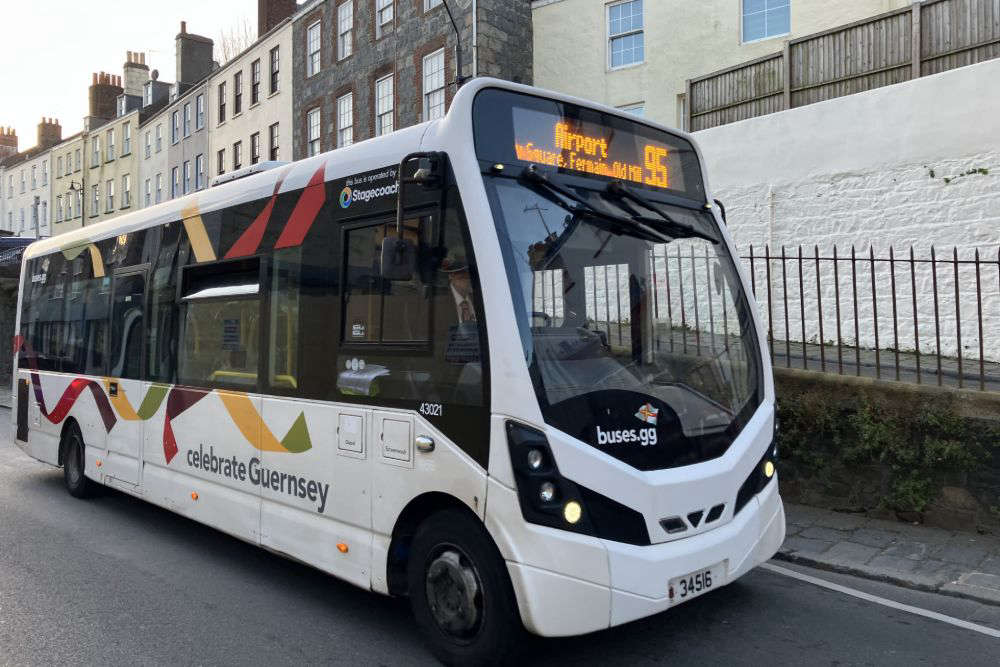 Stagecoach takes over Guernsey's bus service
Stagecoach takes over Guernsey's bus service
 Jersey company keen to exploit CI wind potential
Jersey company keen to exploit CI wind potential
 Guernsey grab a point at the new home of island football
Guernsey grab a point at the new home of island football
 Alderney school joins global ocean programme
Alderney school joins global ocean programme
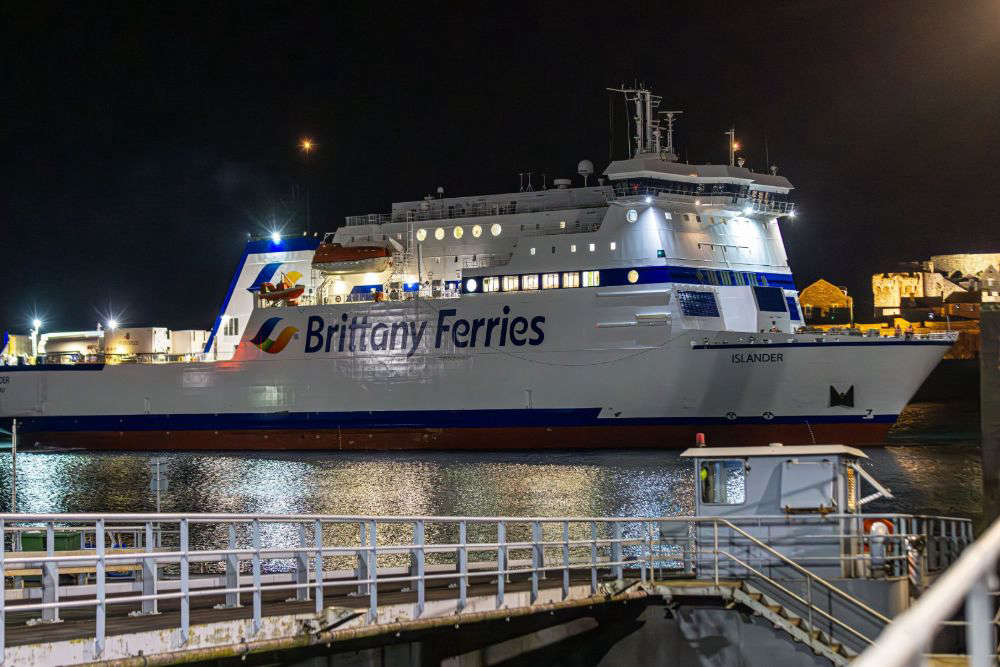 Brittany Ferries takes control of Guernsey's sea links
Brittany Ferries takes control of Guernsey's sea links
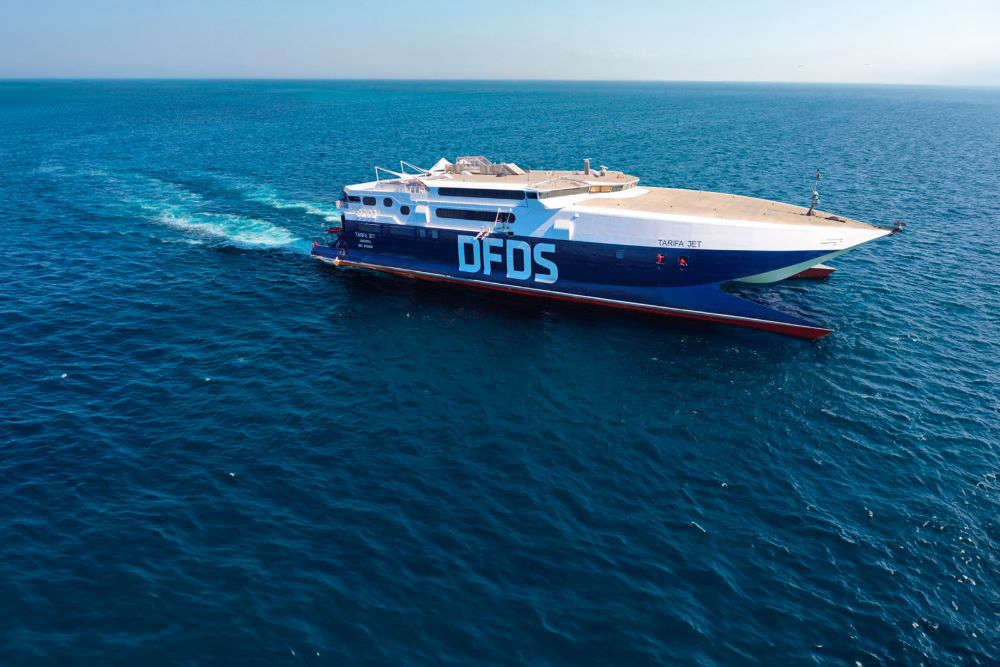 DFDS cancels first sailing to Jersey
DFDS cancels first sailing to Jersey
 Figure behind new evidence on slave labour deaths in Alderney to step down
Figure behind new evidence on slave labour deaths in Alderney to step down

